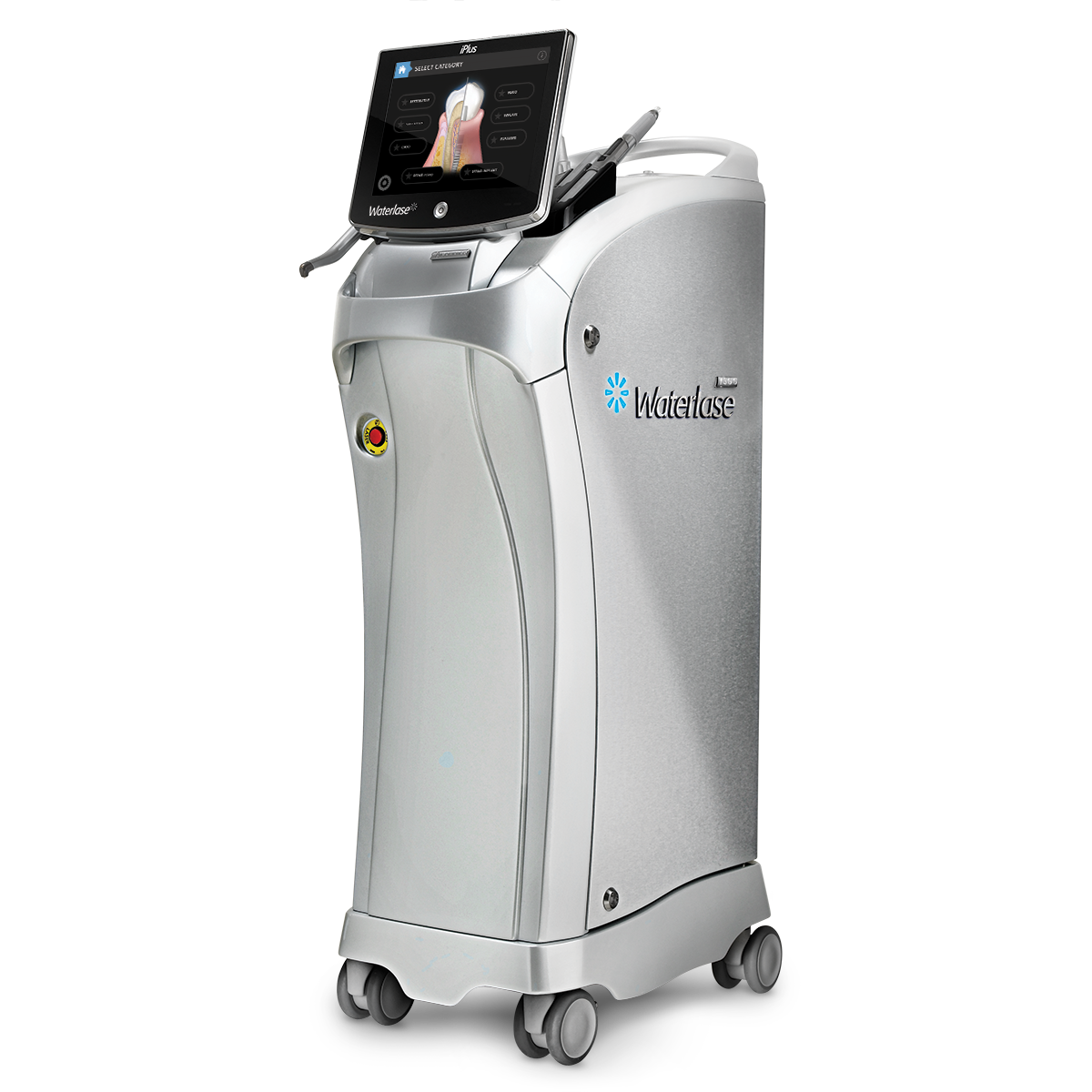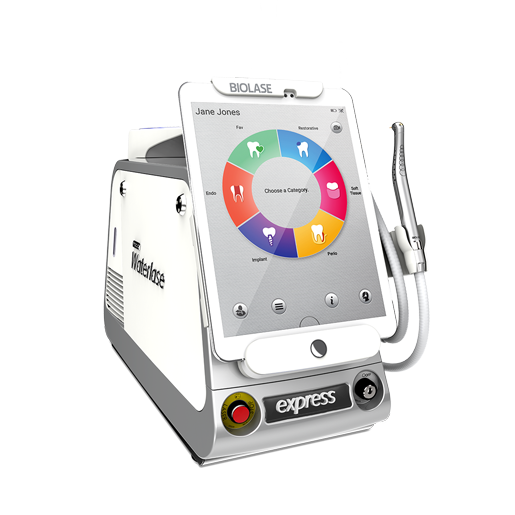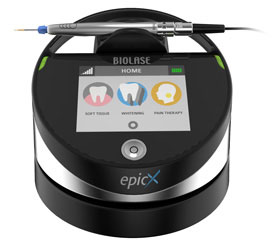With some preventative measures, it is possible to reduce the chances of mouth and teeth injuries.
A genuine, heartfelt smile can be one of the nicest gestures you can give to another person. Unfortunately, some people don’t like to smile, and that can be due to the state of their teeth. With regular brushing, flossing, and dental work, many people can have a great smile. But sometimes the best oral hygiene can be compromised due to tooth and mouth injuries.
Did you know that about 80% of all dental injuries affect one or more of your front teeth? These injuries can also cause damage to the lips, tongue, and inner cheeks. For children, many of these injuries occur when they are learning to walk, and in adults, 40% of these injuries occur while playing sports.
Regardless of whether it was a car accident, a fall off your bike, or a hockey brouhaha, engaging in certain activities can have a greater potential to harm your pearly whites. However, there are ways adults can prevent tooth and mouth injuries, such as:
- Mouth guards: Wearing a mouth guard is a great way to protect your teeth from injuries when playing very physical or contact sports.
- Face cages: Protecting your teeth, mouth, and your face from potential trauma that occurs more frequently in sports such as football, hockey, and rugby is essential. Therefore, using a face cage is a smart way to keep to protect yourself while still being able to enjoy the sports you love to play.
- Helmets: Donning a helmet may seem like overkill in some instances, but you are protecting your head from any serious potential injuries such as concussions. Though it won’t directly protect you from tooth and mouth injuries, it is still important for safety reasons.
However, these preventive measures only go so far. If you have protected yourself but still get tooth and mouth injuries, there are ways to address the situation so that your smile is as beautiful as before. It also ensures that much-needed actions, such as chewing, biting food, and swallowing, are still possible.
- Repair knocked-out teeth: Even if you do wear a helmet, mouth guard, and face cage, injuries can still happen – like getting a tooth knocked out! Luckily, with dental technology, there is a good chance that your dentist can replace any missing teeth. Immediately after the incident happens, you need to wash any debris gently from the root, and either hold the tooth under your tongue while you get yourself to your dentist, or if that is not possible, soak the tooth in milk while you’re on your way. The quicker you get to your dentist, the better your chances are for a successful replacement.
- Have a stand-in: If your actual tooth cannot be replaced, don’t despair. Your dentist can insert an artificial tooth – a dental implant – right into your jawbone. It mimics the look and actions of your original tooth, allowing you to chew, bite – and smile!
As unwanted as it is, having oral injuries isn’t a permanent state. Ask your dentist about specific preventive measures, and if you or your children do sustain tooth and mouth injuries, be assured that there are methods to return that genuine smile to your face.



